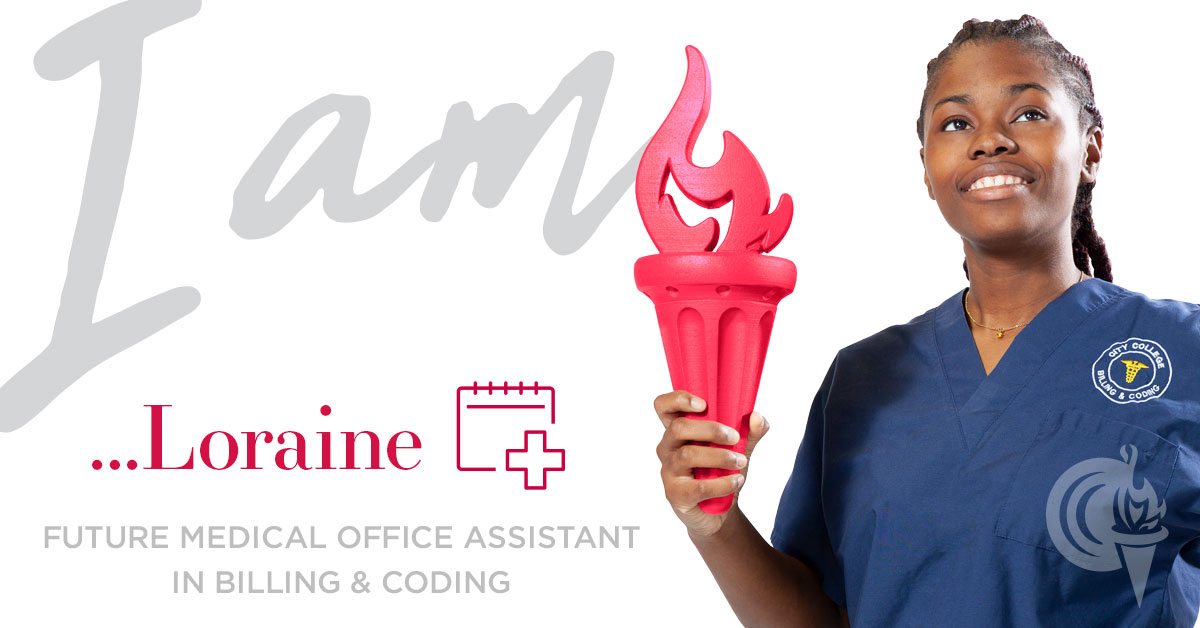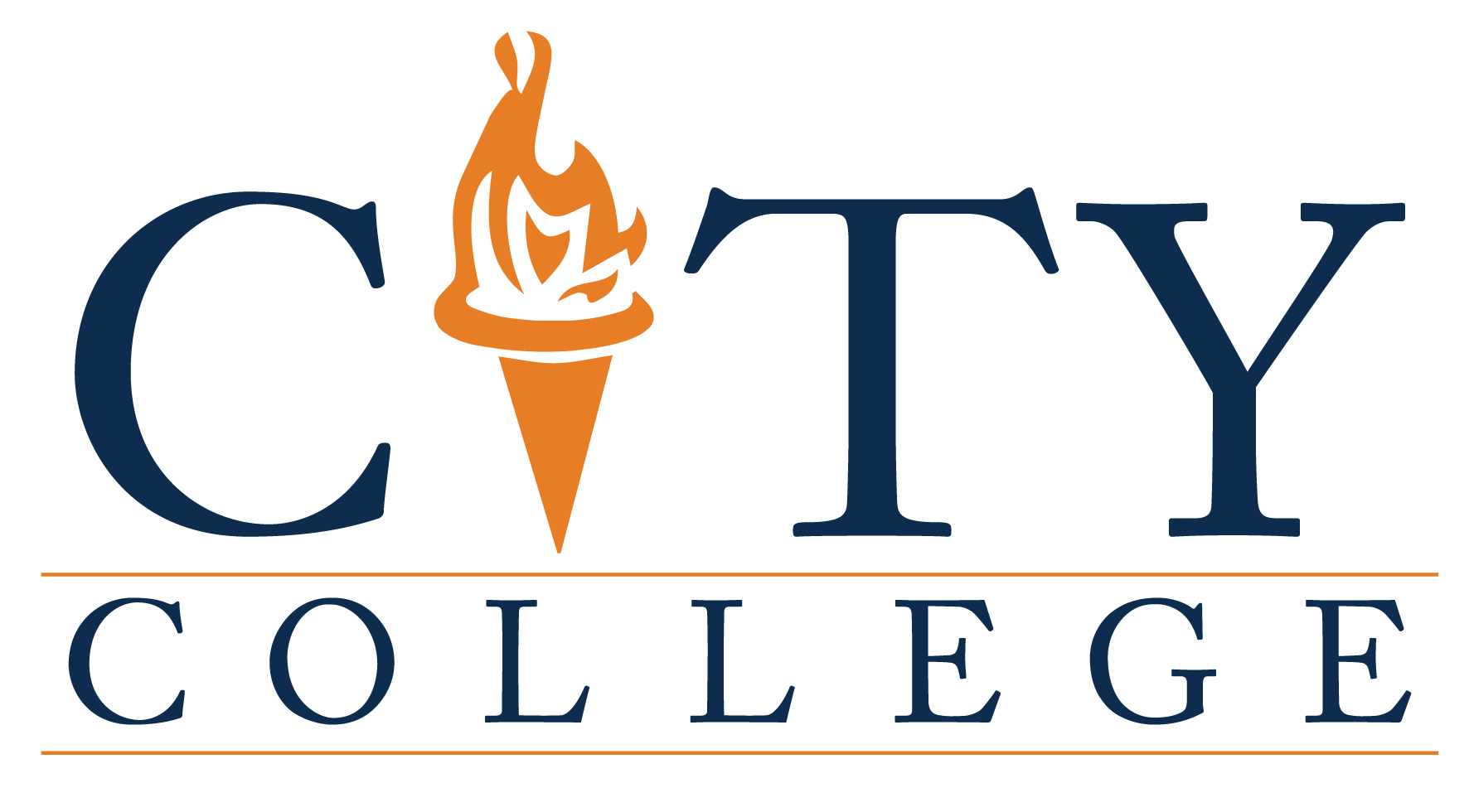
Behind the Scenes of Medical Billing and Coding
With an aging population and the demand for healthcare services on the rise, careers in the healthcare industry are more plentiful than ever. In fact, the Bureau of Labor Statistics predicts that the industry will experience a much faster than average growth rate and will add around 2.4 million new jobs by 2026. That’s a lot of new jobs, almost enough to employ the whole city of Houston Texas.
But all healthcare careers are not created equally. Let’s face it, if you’re among the people who are less than thrilled at the sight of blood, you may not relish the idea of some of the more hands-on roles. The truth is, the healthcare industry needs a whole lot more than hands-on people to keep the wheels of the healthcare machine turning. It is after all – a business. And the unsung heroes like the Medical Office Administrators and Medical Billing and Coding Specialists, who work behind the scenes in healthcare, play a huge role in keeping the machine running smoothly. If you love the idea of working in a rapidly growing industry that revolves around helping people, but would like to skip the needles, blood, and hands-on stuff, keep reading. We’re taking a behind the scenes look at the administrative side of healthcare and the world of medical billing and coding.
What is Medical Billing and Coding?
We all know what billing is. Medical billing is a whole different animal. If you’ve ever looked closely at a medical bill, you probably noticed that it seemed to be in another language. And it is. Sort of. Like many fields, the medical field has unique terminology that is used within the industry for everything from diagnosing patients to billing insurance companies. Specialists trained in medical billing and coding learn this unique language in a kind of shorthand that simplifies billing processes and also manages and tracks patient records and medical data. To break it down even further, every diagnosis, procedure or medical task, has a code associated with it for insurance and regular billing purposes. Your job is to correctly process patient records and assign the correct codes to ensure your medical team is paid for the medical services they provide.
What’s a Typical Day for a Medical Billing and Coding Specialist?
You’ll be getting a lot of screen-time working in medical billing and coding. So, if you enjoy working in front of a computer, you’re in luck. You might be working on two monitors to make it easier to review patient charts and also have your coding system up at the same time. Your day will consist of reviewing patient charts to identify and correctly code procedures and diagnoses. If you enjoy solving puzzles and digging into research, you won’t be disappointed. It can take some sleuthing to figure out a particular physician’s documentation and can also be super satisfying to crack the code.
Most of the time, you’ll be working by yourself. Which is perfect for people who prefer to work independently and want a less people-interactive work day. Some medical practices even allow billing and coding specialists to work from home. There will likely be a specified amount of processing you’ll be expected to complete every day and maintaining a high-degree of accuracy, as well as strict confidentiality is critical. After all, you’ll be working with private patient medical records.
What are the Educational Requirements for a Medical Billing and Coding Specialist?
Most employers require completion of a certificate or degree program for entry-level billing and coding positions. The majority of medical billing and coding programs can be completed in two years or less. You’ll be trained in the two major coding systems – the ICD-10 (International Classification of Diseases), and CPT (Current Procedural Terminology) systems. You’ll also receive instruction in anatomy and physiology, pharmacology, medical insurance, medical records management, and much more.
Working behind the scenes in healthcare can be just as rewarding as being on the front line and is just as important. If you’d like to learn more about a career in medical billing and coding, check out the Medical Office Administration with a Track in Insurance Billing & Coding Program at City College. Offered at five different campus locations, the Associate Degree program can be completed in as little as 24 months and prepares students for entry level careers in medical billing and coding and medical office administration. If you’re ready to join one of the fastest growing industries out there, contact City College today to schedule a tour of one of our campus locations.


